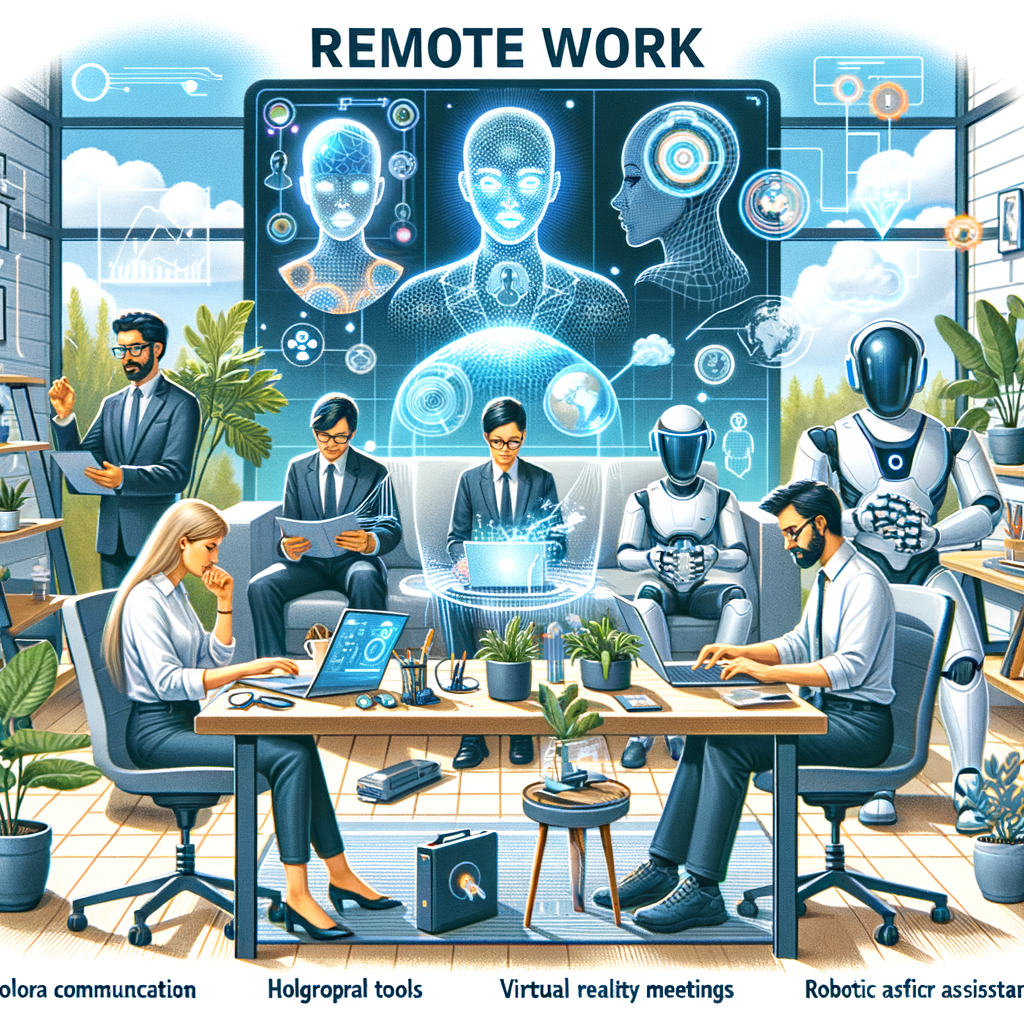Voice Over IP (VoIP) technology, while revolutionizing the way we communicate, carries its own set of security challenges. VoIP, akin to any IP-based service, is vulnerable to cyber threats, making it a potential target for hackers.
Key Challenges in VoIP Security
- DoS and DDoS Attacks: VoIP services can be disrupted by Denial of Service (DoS) and Distributed Denial of Service (DDoS) attacks. Such incidents can severely degrade call quality or even halt the service entirely until the attack is mitigated.
- Connection Quality: VoIP is heavily reliant on network stability. Factors like latency, jitter, and packet loss can significantly affect call quality. This underlines the necessity of robust network infrastructure and adequate bandwidth to ensure smooth VoIP communication.
- Lack of Fallback Options: VoIP, like any technology, can face downtimes. Businesses must have contingency plans, such as fallback lines, to maintain communication during VoIP service outages.
- Theft of Service: VoIP systems can be compromised through stolen credentials, allowing unauthorized individuals to make calls at the expense of the service owner. It’s crucial to secure SIP servers with strong, complex passwords and regular monitoring to prevent such breaches.
- Eavesdropping: Intercepting VoIP calls is a real threat. Hackers can employ packet capture tools to listen in on conversations. Implementing robust security measures like Firewalls, Intrusion Detection Systems (IDS), and Intrusion Prevention Systems (IPS) is essential to safeguard against unauthorized eavesdropping.
Mitigation and Best Practices
To combat these vulnerabilities, organizations must adopt comprehensive security measures. Ensuring network integrity, prioritizing VoIP traffic through Quality of Service (QoS) settings, regular updating and patching of systems, and employing strong authentication methods can mitigate many of these risks.
The Department of Homeland Security’s 2014 handbook on sensitive systems provides detailed guidance on securing VoIP services, emphasizing the importance of layered security in protecting against potential cyber threats.
In conclusion, while VoIP offers significant advantages in terms of cost and flexibility, it is essential to recognize and address the security implications to ensure a safe and reliable communication environment.






